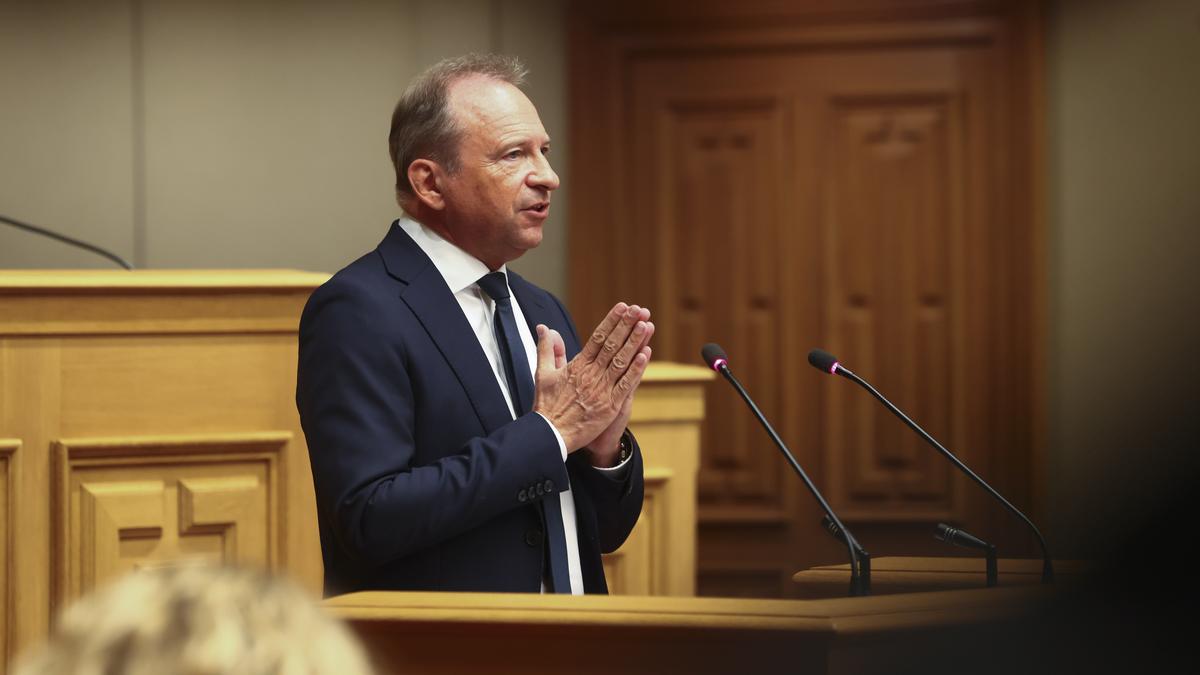Luxembourg recorded a budget surplus of €337 million in the first quarter of 2025 in a sign of improving state finances, Finance Minister Gilles Roth said on Tuesday.
While the government spent roughly €7.2 billion in the first three months of the year, it raked in about €7.6 billion in taxes, figures released by the finance ministry showed.
Roth presented his report detailing the financial situation of the state at the end of March 2025 to members of the parliamentary finance and budget execution committees on Tuesday morning, hailing what he called “a positive revenue dynamic, reflecting the strong performance of our financial sector and guaranteeing our strong social state”, according to a press release by the finance ministry.
Tax income
Central administration revenue amounted to €7.6 billion in the first quarter of 2025, according to European accounting rule SEC2010. An increase of €723 million meant receipts were up 10.6% year-on-year.
The Luxembourg Inland Revenue (Administration des contributions directes – ACD) recorded receipts of €4.3 billion as of 31 March, representing a 14.0% increase compared to Q1 2024.
The biggest increase was in corporate income tax (up €521 million). Revenues from tax on salaries and wages amounted to €1.7 billion – a level almost identical to the same period last year – even though the personal income tax burden was lowered on 1 January.
The ACD is one of Luxembourg’s three tax authorities, alongside the Registration Duties, Estates and VAT Authority (Administration de l’enregistrement, des domaines et de la TVA) and the Customs and Excise Agency (Administration des douanes et accises).
Revenues collected by the VAT Authority came in at €1.9 billion, €50 million or 2.7% more than at March end 2024. Value-added tax and subscription tax takings were up by €40 million and €28 million, respectively, but registration fees remained lower due to housing support measures.
Customs and Excise contributed €569 million to state coffers in the first quarter, which was a year-on-year increase of 25.1%.
Outgoings
As of 31 March, central state expenditures increased by €788 million (or +12.2%) year-on-year, to reach €7.2 billion in the first quarter. The relatively high spend in the first three months of the year is partly explained by the application of provisional budget measures, which had slowed expenditures at the beginning of 2024, Roth told lawmakers.
Subsidies for public transport, housing, electricity price caps, and other financial transfers – notably to municipalities, social security, and military expenses – accounted for 44% of the spending rise. More than a quarter of the increase was in direct and indirect investments.
At the end of the first quarter of 2025, the state’s balance showed a surplus of €337 million.
Also read:Luxembourg had third lowest debt level in EU in 2024
